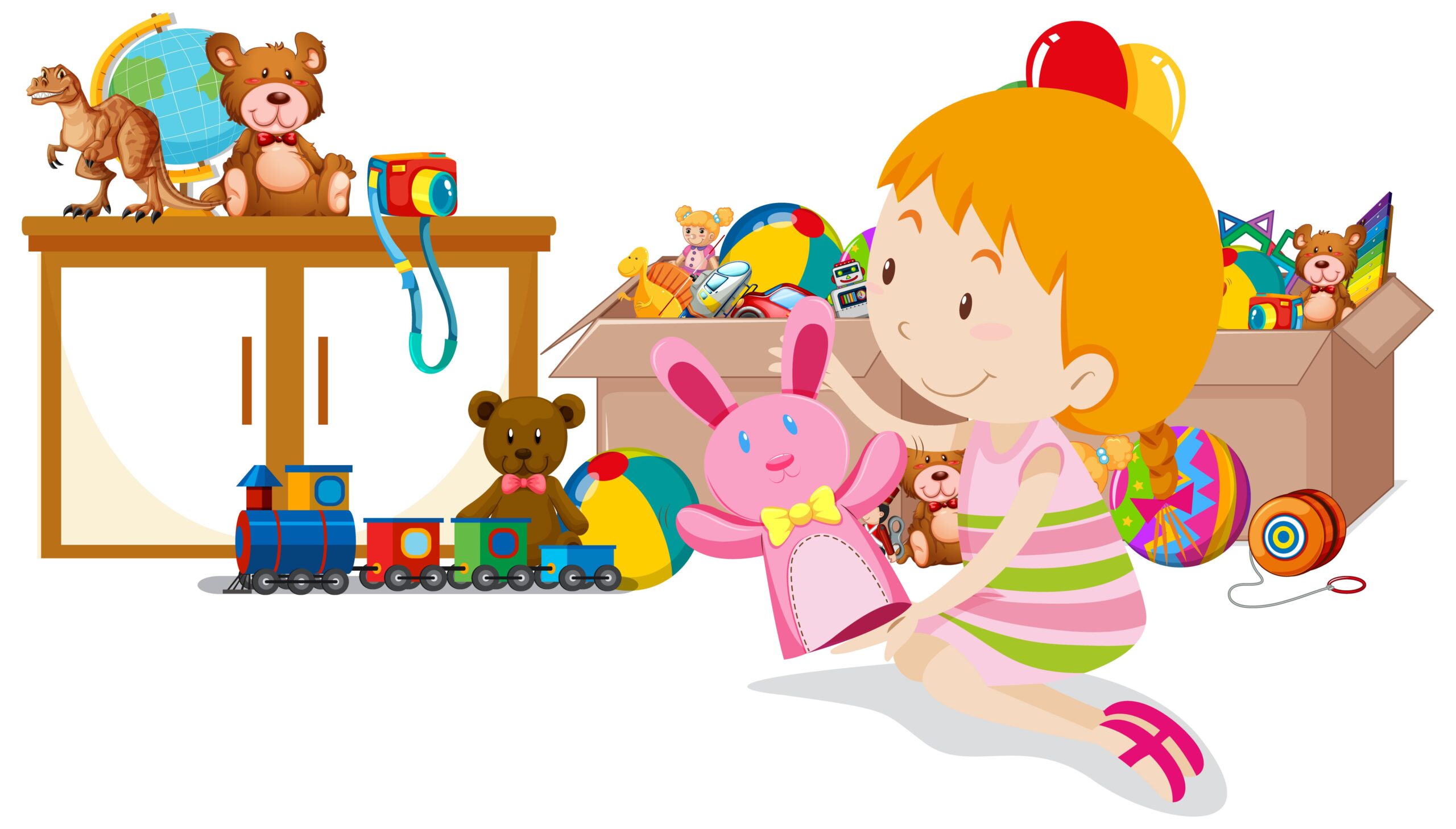Childhood play is a source of immense joy and growth for kids. It’s during playtime when they explore, learn, and develop new concepts and skills that shape their understanding of the world. Educational baby dolls are specially designed toys that blend fun and learning. These dolls nurture cognitive, emotional, and social development in our children.
As the blog title claims educational baby dolls are perfect gifts for young girls, we’ll explore how these dolls contribute to learning and growth, making them valuable additions to children’s playtime.
I. Understanding Educational Baby Dolls
Educational baby dolls are created to make learning fun for little girls. We all understand that early childhood is widely regarded as the optimal age for learning and developing skills. Children’s brains are highly plastic during this time, making them more adaptable and responsive to experiences and motivations.
As beloved parents, we often buy baby dolls for our little girls, what if we provide them with opportunities that make their fun activities an interactive learning experience? Providing educational dolls during early childhood can be highly beneficial for children’s learning and development. Providing educational dolls during early childhood enriches children’s play experiences and promotes holistic development. These dolls not only facilitate learning but also spark creativity, imagination, and a love for learning that can benefit children throughout their lives.
II. Benefits of Educational Baby Dolls
A. Cognitive Development:
Cognitive development means how children think, explore and figure things out. Playing with educational baby dolls teaches problem-solving by their own. Doll play also improves your kid’s vocabulary as your children may engage in conversations with the doll, expanding their vocabulary and improving language skills.
Moreover, doll play promotes spatial awareness as children interact with the doll and its accessories in a three-dimensional space. For instance, arranging stickers on activity books or fitting clothes on the doll requires spatial reasoning.
B. Socio-Emotional intelligence:
Baby dolls provide a safe and comforting outlet for children to express a wide range of emotions. Whether role-playing happy moments or comforting their doll during pretended “upset” times, children learn to express themselves in healthy ways. This emotional intelligence is crucial for their social and emotional well-being. Additionally, caring for a doll and its accessories teaches children about responsibility and nurtures their sense of self-worth.
Doll play also encourages cooperative behaviors, such as sharing dolls and accessories. Children get engaged in imaginative scenarios, where they take turns and share resources with each other. This cooperation sets the stage for positive social interactions and fosters a sense of teamwork among kids.
C. Encouraging Imagination and Creativity
Imagine you little girl playing with Silla, Theodora’s scientist doll designed to introduce basic science concepts. Dressed in a lab coat, this doll will spark your child’s vivid imagination. Inspired by her appearance, young children will create intricate narratives, exploring different scenarios related to doctors or scientists and developing their storytelling abilities.
That’s how the imagination of young minds leaps across the skies. Educational baby dolls offer children the chance to step into different roles and create imaginative scenarios. This imaginative exercise not only enhances their creative thinking but also nurtures their love for storytelling.
Through role-playing, children explore various professions and express themselves creatively through imaginative play and caregiving activities with their baby dolls. For instance, a doll with interchangeable outfits allows children to mix and match clothing, expressing their style and preferences.
D. Promoting Responsibility and Caregiving Skills
Activities like feeding, bathing, teaching, and dressing their baby dolls help children develop practical caregiving skills. For instance, bathing and dressing the doll teach children about personal hygiene and the importance of cleanliness. These activities not only enhance children’s fine motor skills but also teach a sense of responsibility and competence as they complete caregiving tasks.
While engaging in pretend play scenarios with their educational baby dolls, children gain confidence in their abilities to take care of others. This sense of achievement boosts their self-esteem and encourages them to take on new challenges. We suggest you buy baby dolls for little girls and provide them with valuable opportunities to learn, grow, and build confidence while having fun with their dolls.
Practical Considerations for Choosing Baby Dolls
Planning to buy a baby doll for your little girls? There are a few considerations that parents need to take into account.
A. Quality and safety
When selecting baby dolls, always prioritize quality materials and construction to ensure durability and safety during play. Look for dolls made from non-toxic materials and with securely attached parts to prevent choking hazards.
B. Age appropriateness
Consider the age and developmental stage of the child when choosing baby dolls. Opt for dolls with features and accessories suitable for the child’s abilities and interests, ensuring a positive and engaging play experience.
C. Features and functionalities
Choose baby dolls with features and functionalities that align with the child’s learning goals and interests. Look for dolls that offer interactive elements, such as sounds, movements, or sensory textures, to enhance the play experience and promote learning.
Final Thoughts
It’s important for children to see themselves reflected in their toys. They provide children with opportunities to explore, imagine, and create, fostering creativity and problem-solving abilities.
As parents and caregivers, investing in educational baby dolls for your little girls can have a profound impact on their learning journey. Choosing baby dolls that reflect diverse races, cultures, abilities, and family structures helps children develop a sense of belonging and acceptance, inspiring them to become future change makers.
Just like Theodora S.T.E.A.M. Girls—five inspiring role models with backgrounds that empower future change makers—these dolls take your little princess into a world of vivid imagination where learning is fun!
Whether it’s through imaginative role-play, nurturing caregiving activities, or inclusive social interactions, educational baby dolls play a vital role in shaping children’s understanding of the world and themselves. So why wait? By buying baby dolls for little girls, parents can empower their children to learn, grow, and thrive in a nurturing and imaginative play environment with their peers, celebrating differences and fostering friendships based on acceptance and understanding.





